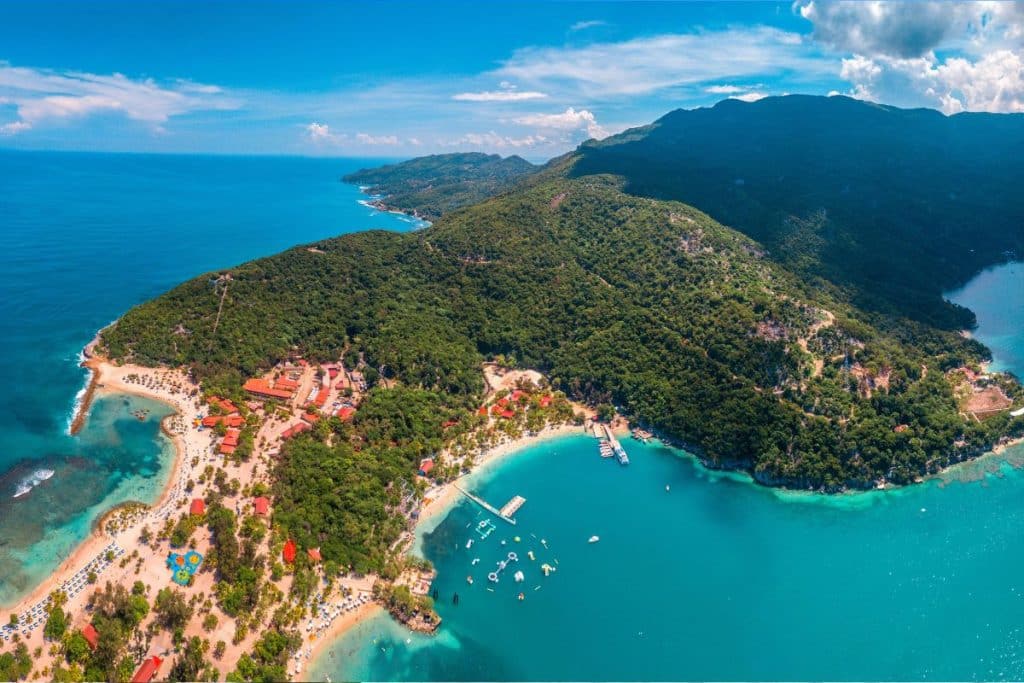As of Thursday, September 14, the Dominican Republic has announced plans to potentially close the borders between itself and Haiti. In a released statement, they announced that “possible closure of air, sea and land borders” between the two countries would be added, on top of the current land border crossings.
As such, the American embassy insist U.S. citizens should make alternative arrangements for any travel disruptions because they cannot assist with entry through a closed border crossing.
The announcement is not an immediate surprise as the two countries continue to disagree on a number of issues.
Just this week, Dominican Republic President Luis Abinader suspended visas for Haitians after the country complained about the recent excavation of a so-called canal that will divert water from the Massacre River.
Although Abinader believes this will harm farmers and the environment, a high-level Haitian delegation is coming to the Dominican Republic to try to alleviate the potential crisis.
Moreover, this Haitian delegation wants to quickly lift all restrictions, as the French-speaking country is in a delicate socio-economic situation, aggravated by political uncertainty. The country gets most of its imports from its neighboring countries and does not want to further worsen the fragile situation.
The Caribbean country has been in a state of disarray since the assassination of President Jovenel Moïse in July 2021. Since then, the interim government of Prime Minister Dr. Ariel Henry called on the international community to send aid and support to restore peace and security in the country.
Haiti is currently under travel advice Level 4, “Do not travel” direction from the US embassy advising US citizens to leave immediately and as safely as possible.
Due to kidnapping, crime, civil unrest and poor healthcare infrastructure, Washington is advising US citizens not to travel to Haiti. This follows the State Department ordering U.S. government and non-emergency U.S. government personnel to leave Haiti in July.





